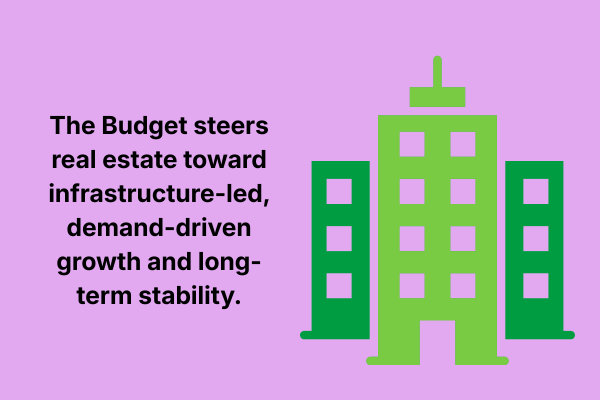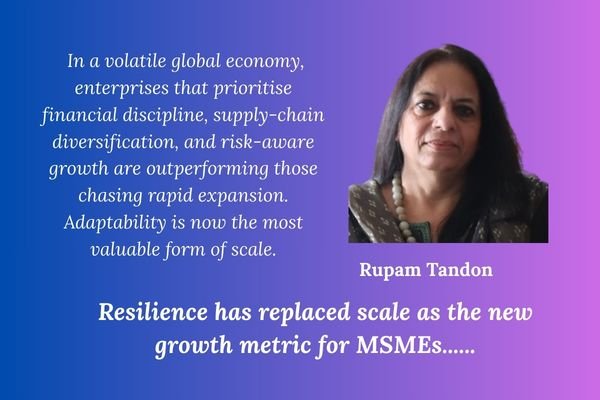While selecting a location, digital nomads and freelancers have to keep in mind that the location that they select is an open society that does not restrict internet use. It is also important for countries that promote digital nomad tourism to remove restrictions & censorship on internet and data access. Freedom to use varied digital and cyber applications is a prerequisite for the long-term success .. Restrictions that often closed societies impose are limitations for such workers, as often they face difficulties once they choose such a location that is not a free & liberal economy.
The growth of digital labour platforms opens many avenues for jobs and entrepreneurship in the new normal. These kinds of digital employment, mostly remote, are rapidly on the rise. Many available opportunities, if pursued systematically, can help one earn sufficient to maintain a decent life and maintain a comfortable living standard. Indeed, many millennials now prefer to work this way. Let them be known in any nomenclature, be it digital nomads or anything else, they prefer to work from libraries, coffee shops or common reference & reading rooms and provide their services online. Digital nomads work remotely, only needing a computer and wi-fi to perform their jobs. According to a report by Market research firm, MBO Partners, there are 15.5 million digital nomads in the US market in 2021.
From where do digital nomads come? Country wise composition
| # | Country | % |
| 1 | 🇺🇸 United States | 51% |
| 2 | 🇬🇧 United Kingdom | 8% |
| 3 | 🇷🇺 Russia | 5% |
| 4 | 🇨🇦 Canada | 4% |
| 5 | 🇩🇪 Germany | 3% |
| 6 | 🇫🇷 France | 3% |
| 7 | 🇦🇺 Australia | 2% |
| 8 | 🇧🇷 Brazil | 2% |
| 9 | 🇳🇱 Netherlands | 2% |
| 10 | 🇪🇸 Spain | 1% |
| 11 | 🇺🇦 Ukraine | 1% |
| 12 | 🇮🇳 India | 1% |
| 13 | 🇵🇱 Poland | 1% |
| 14 | 🇮🇹 Italy | 1% |
| 15 | 🇨🇭 Switzerland | 1% |
| 16 | 🇦🇹 Austria | 1% |
| 17 | 🇸🇪 Sweden | 1% |
| 18 | 🇮🇪 Ireland | 1% |
| 19 | 🇮🇱 Israel | 1% |
An environment and intellectually stimulating atmosphere, preferably a multicultural environment, is the most preferred location that attracts digital nomads. In the global knowledge economy, which is digitally driven, space is not a matter of concern for delivering a project, where a worker can be based from anywhere. One may be in a distant place, coordinating his/her entire team, who also work from different parts of the world. He/she may design a magazine, a website or create content, writing a code, or working on major software project or guiding a team or teaching students or working on a new book to be uploaded into the Amazon KDP or helping an author get his/her content edited or maybe helping a student in their final year assignment by fine-tuning their dissertation or thesis. Scope and opportunities are unlimited and many.

The prerequisite, however, is a reliable and high-speed internet connection. Certainly, while selecting a location, digital nomads and freelancers have to keep in mind that the location that they select is an open society that does not restrict internet use. It is also important for countries that promote their tourism industry to remove restrictions on internet and data access. Freedom to use varied digital and cyber applications is a prerequisite for the long-term success of such locations. Restrictions that often closed societies impose are limitations for such workers, as often they face difficulties once they choose such a location that is not a free & liberal economy. Societies that put restrictions on accessing web data to be watched by those who look for it while selecting a new location.
| Key Digital Nomad Statistics and FactsQuick Stats |
| The number of digital nomads from the U.S. has more than tripled over the past few years—from 4.8 million in 2018 to 15.5 million in 2021. |
| The average digital nomad age in 2021 was 32 years old. |
| 70% of American digital nomads are white, 14% are African-American, 7% are Asian, 7% are Hispanic, and 2% are of other ethnicity. |
| 66% of digital nomads are traditional remote employees, and only 34% are independent workers — a shift caused by the pandemic-drive remote work boom. |
| 49% of digital nomads earn the same salary (or more) than their prior office job. |
| 44% of American digital nomads earn over $75,000 per year while enjoying a lower cost of living. |
| 32% plan to be digital nomads for a year or less—many expect to return to the office after the pandemic. |
| Only 24% of location-independent remote workers actually mix work and travel simultaneously. |
| Most digital nomads travel slow, with only 17% visiting more than 5 countries per year. |
| 55% of business owners say that remote work does not negatively affect productivity. |
| Over half of digital nomads (52%) rated finding reliable wifi as one of the top challenges of the nomadic lifestyle. |
| Only 30% of digital nomads report working over 40 hours per week. |
| The number of van lifers grew to 2.6 million in 2021, making up 17% of American digital nomads. |
Again the cost of internet and mobile charges should be reasonable. For instance, some countries that offer digital nomad visas have expensive wifi-and mobile subscription services to offer, besides significant cyber censorship, which make them unpreferred locations. As of 2022, there are around 40 + countries that offer digital nomad visas. Many are now competing to attract digital nomads. However, its important for these destinations, particularly closed non-democratic societies, to address these issues and open up their digital infrastructure away from censorships and unrealistic restrictions.
Author Profile
-
Dr. Perumal Koshy is Editor of Global SME News and Director of Strategic Initiatives at Enterprise Futures Lab. He writes on MSMEs, enterprise development, and policy issues affecting small business ecosystems.
Linkedin: https://www.linkedin.com/in/caushie/
Twitter: https://twitter.com/pkoshyin
Latest entries
 FEATURED25 November 2024Rethinking Work Hours: The Case for Balance in SME Growth Strategies?
FEATURED25 November 2024Rethinking Work Hours: The Case for Balance in SME Growth Strategies? AI25 November 2024Microsoft’s ‘Zero Day Quest’: A $4 Million Challenge to Revolutionize AI and Cloud Security!
AI25 November 2024Microsoft’s ‘Zero Day Quest’: A $4 Million Challenge to Revolutionize AI and Cloud Security! FEATURED5 November 2024Collaboration Agreement Signed Between Mubadala Energy and Perusahaan Listrik Negara (PLN) to Explore Harnessing Natural Gas Discoveries
FEATURED5 November 2024Collaboration Agreement Signed Between Mubadala Energy and Perusahaan Listrik Negara (PLN) to Explore Harnessing Natural Gas DiscoveriesFEATURED23 October 2024Resilient Trade Amid Global Uncertainty: How Intra-BRICS Commerce is Shaping a New Economic Order










